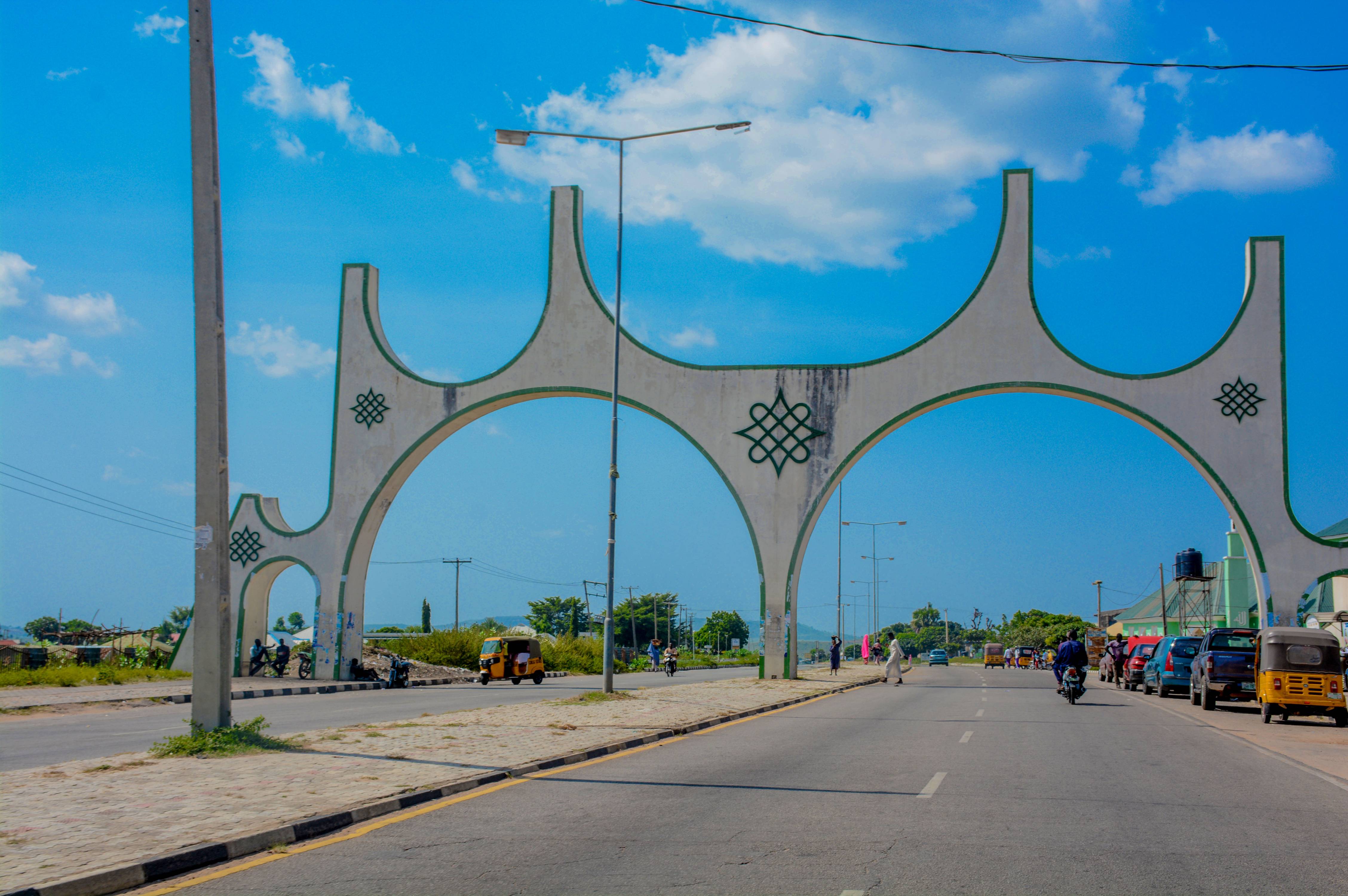
Niger State is one of the 36 states in Nigeria. It is located in the north-central region of the country and is bordered by Kebbi State to the north, Kwara State to the south, Kogi State to the southwest, and the Federal Capital Territory (FCT) to the east. Niger State is the largest state in Nigeria, with a land area of 76,363 square kilometers.
The capital of Niger State is Minna. Other major cities in the state include Bida, Kontagora, and Suleja. The state is home to a diverse population of over 4 million people, including Hausa, Fulani, Nupe, Gwari, and Yoruba.
The economy of Niger State is based on agriculture, livestock, and mining. The state is a major producer of cotton, peanuts, and sorghum. Niger State is also home to several large mining operations, including the Ajaokuta Steel Company and the Itakpe Iron Ore Mine.
Niger State is a relatively poor state, with a Human Development Index of 0.482. The state faces a number of challenges, including poverty, illiteracy, and insecurity. However, Niger State is also a land of opportunity, with a young and growing population. The state has a number of development initiatives underway, including the construction of new roads, schools, and hospitals.
Niger State is a beautiful and diverse state with a rich history and culture. The state is home to a number of important historical sites, including the ancient city of Bida and the Kainji Dam. Niger State is also home to a number of natural attractions, including the Gurara Falls and the Borgu Game Reserve.
Niger State is a state with a bright future. The state has a number of strengths, including its large population, its fertile land, and its mineral resources. With the right investments and policies, Niger State can become a prosperous and developed state.